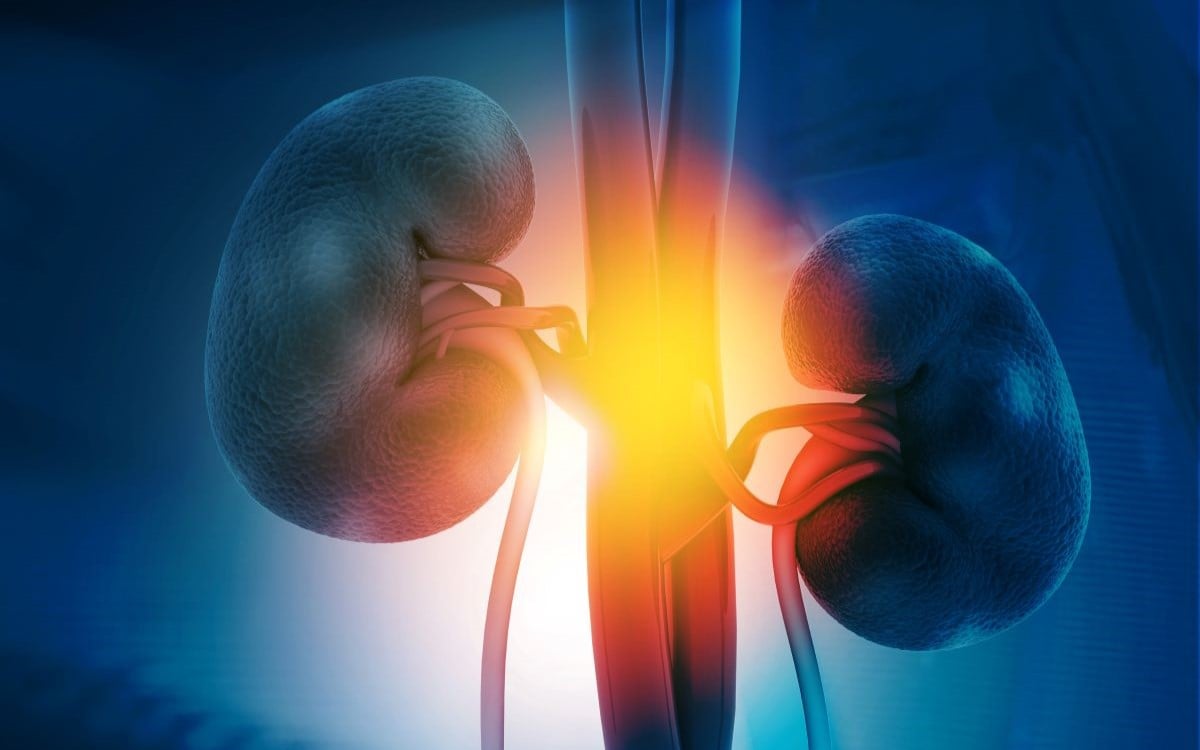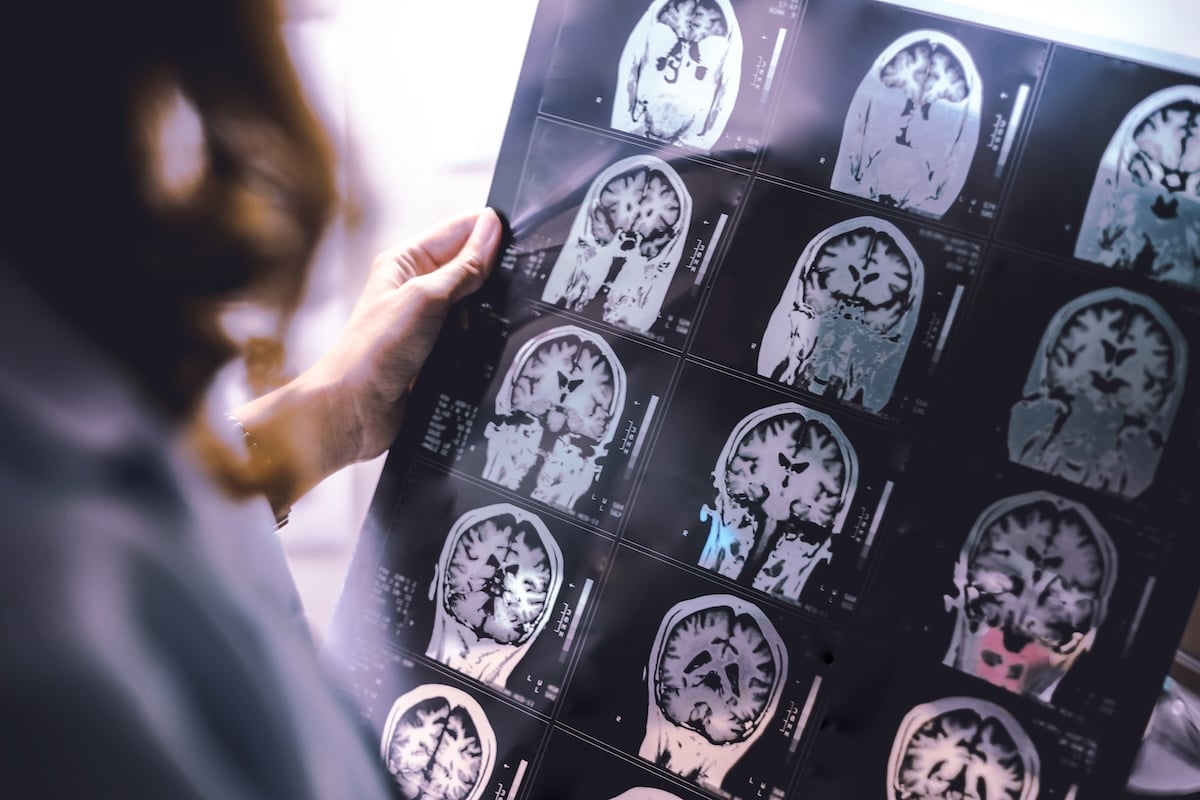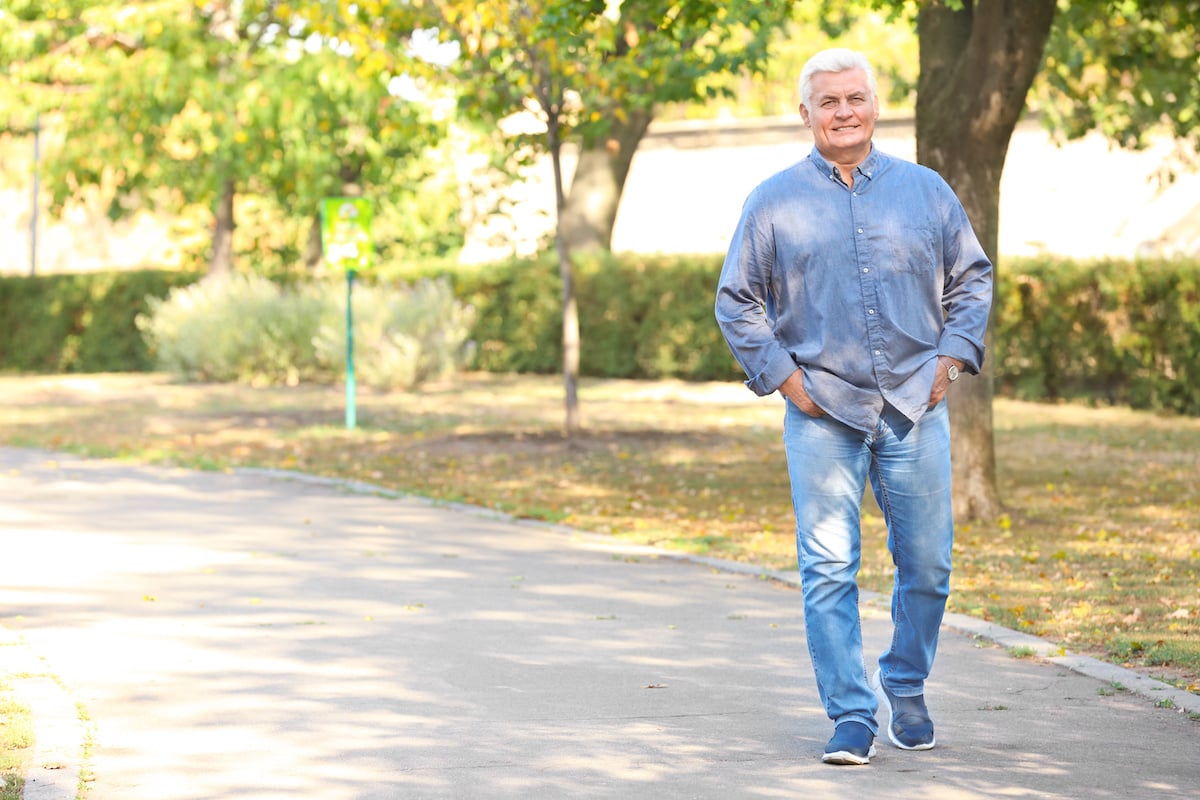
A migraine drug can help stop the devastating headaches in their tracks, allowing sufferers to go about their daily lives with little to no symptoms, a new clinical trial has found. People who took ubrogepant (Ubrelvy) were 73% more likely to say they had no disability and were able to function normally within a couple… read on > read on >






























